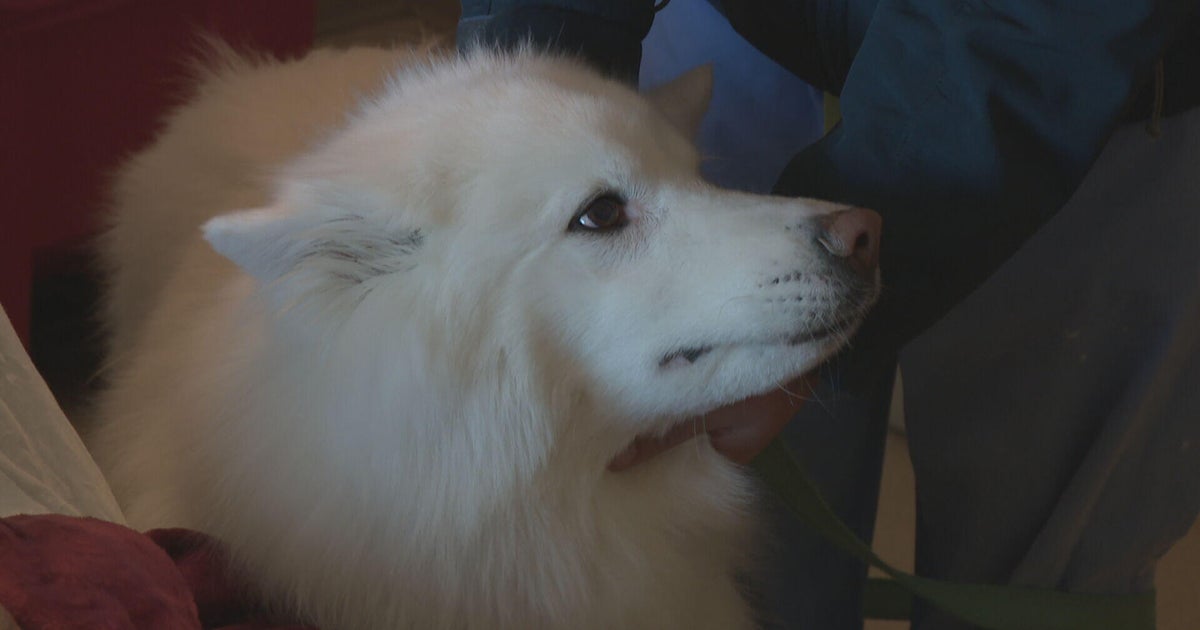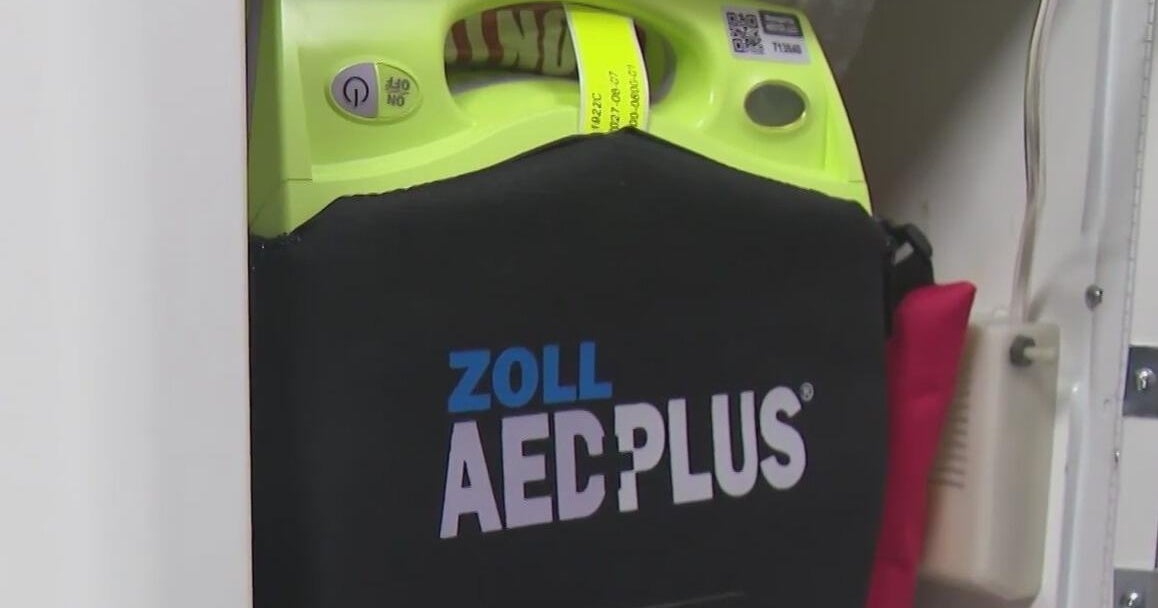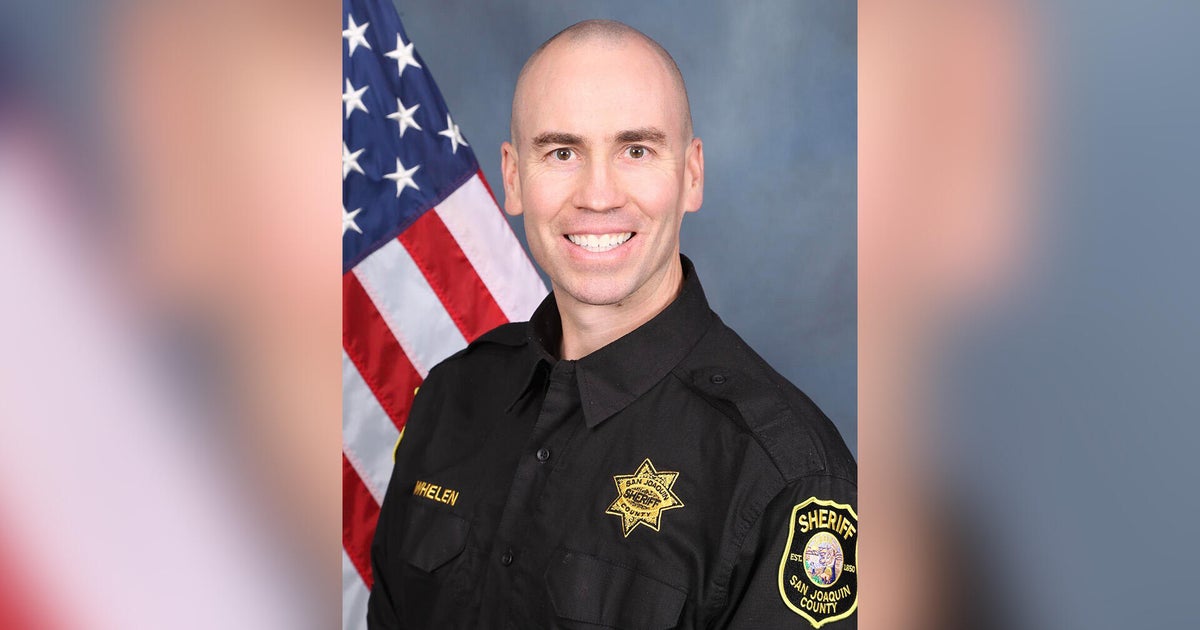Monitoring Mistake Leads To Hospital Death
Editor's note: Some of the video in the story clip to the right may be hard to watch. While Charles Gray's death was captured on videotape, CBS4 is NOT showing that portion of the tape. A portion of the tape in which he suffers a seizure as he is sleeping is shown. Some viewers may find it difficult to watch.
WESTMINSTER, Colo. (CBS4) - A 64-year-old Westminster grandfather with epilepsy died after the University of Colorado Hospital left him unmonitored for more than an hour during a test in which they had taken him off of nearly all his medications.
The hospital is accepting responsibility for the lack of monitoring that apparently contributed to the death of Charles Gray, who had entered the facility in good condition, hoping to improve his health, only to end up dead four days later.
A CBS4 investigation found Gray was left unattended in the hospital for 65 minutes last October, a gap his family believes led to his death.
"I have no doubts my dad would be here today if they monitored him the way they said they would," said Teresa Gray, one of Charles Gray's three children.
Gray, a Westminster resident and grandfather, had suffered from epileptic seizures throughout his life. Those seizures prevented him from driving, working or supporting his wife.
"He wanted to give, not receive," said his younger brother, Steve Gray.
Gray entered University Hospital's Epilepsy Monitoring Unit on Oct. 15 so Doctors could study his brain, learn more about what was causing his seizures and possibly operate on him in the future to alleviate his symptoms.
He was placed in a room with a video camera whose live video feed went to a nearby monitoring station. Gray was one of eight patients being monitored.
Dr. Steven Ringel of University Hospital said that in the last 20 years, about 3,000 patients had been through the epilepsy monitoring program without a serious incident.
The hospital assured Gray he would be cared for and observed around the clock. They gave him a form letter that said, "There will also be a neuro-diagnostic technologist in the monitoring booth at all times to maintain the equipment and gather data."
"He was very confident this would go well, that he would be monitored 24/7 and he had given his full trust and laid himself open to that hospital," Gray's brother Steve told CBS4.
The around-the-clock monitoring was crucial as doctors weaned Gray off his epilepsy medications to intentionally induce seizures so they could better understand what was causing his medical problems.
"An epileptic when in seizure mode needs someone with them," said Teresa Gray. "And we all had complete trust in the hospital that they were going to care for him and watch him."
But on the fourth night of his stay, hospital records show the technologist who had been monitoring the video feed from Gray's room left their post at 11:50 p.m. to get something to eat and check on two other patients. Exactly 28 minutes later, Gray, who had been asleep, suffered one of the seizures doctors were trying to induce.
But there was no one watching, no one there to help. Hospital videotape of Gray provided to CBS4 shows the seizure caused Gray's face to press into his pillow, apparently cutting off his oxygen supply. He stopped breathing a few minutes later.
According to hospital records, it would be another 37 minutes before the technologist returned and found Gray unresponsive. Efforts to resuscitate him were unsuccessful.
The Adams County Coroner listed his cause of death as "seizure."
The hospital says its protocol at the time allowed staff members to leave the monitoring station unattended for short times to check on other patients, get food or take a break.
Gray's family was stunned to learn he was not being monitored around the clock, as the hospital had promised.
"My family put their trust and faith in University Hospital to deliver what they said they would and they chose not to," said Steve Gray. "They chose not to deliver on the promises they made to my brother to insure his health and safety through this process."
Family lawyer Kyle Bachus said the hospital's protocol defied logic.
"Common sense would tell you if you are going to take them off meds, and you're going to cause severe seizures to occur, somebody has to be there to help."
Dr. Steven Ringel said the hospital was "troubled by this" and has made changes "to increase safety of the hospital so something like this never happens again."
Ringel said as a result of Gray's death, the monitoring station is now constantly staffed. If a technologist needs to leave, someone else takes over so patients are always being watched.
Ringel said there will no longer be any gaps in monitoring of patients in the epilepsy unit. Additionally, he said a system has been implemented so that if a patient's breathing decreases, an alarm goes off, summoning help.
"He didn't die in vain," said Ringel. "We're going to make changes to prevent this from happening to someone else."
Ringel acknowledged that if someone had been monitoring Gray on the morning of his death, there was a "greater likelihood" he would have survived the seizure. "We do feel responsible for it," said Ringel.
The man's family is considering filing a lawsuit against the hospital, but since University Hospital is a government facility, it is covered by the Colorado Government Immunity Act and the most it could be held liable for is $150,000.
Family members say this isn't about money, but about holding the hospital accountable for its actions.
"It doesn't seem fair. It doesn't seem right," said Teresa Gray.







